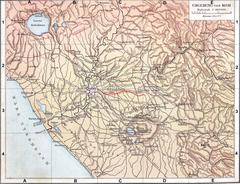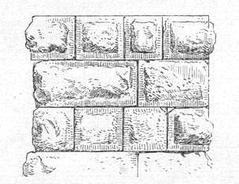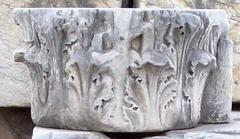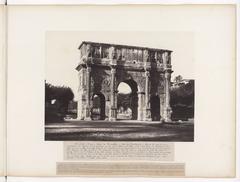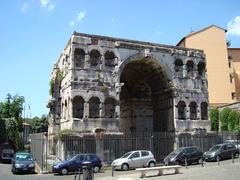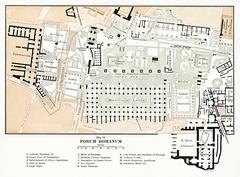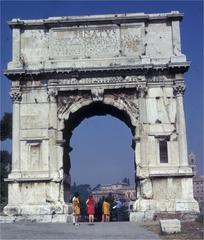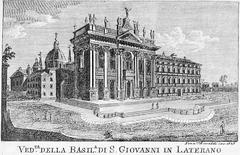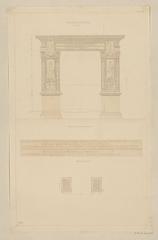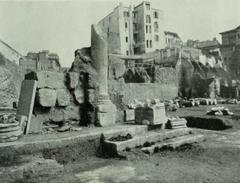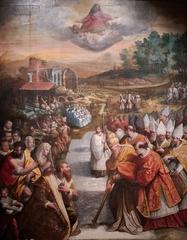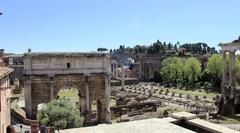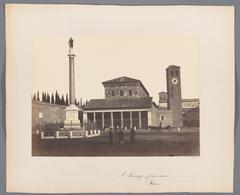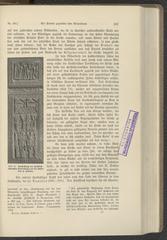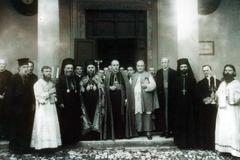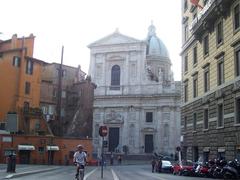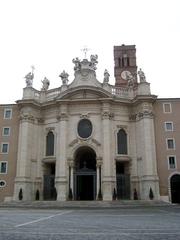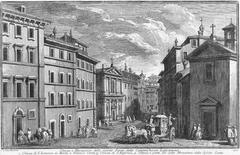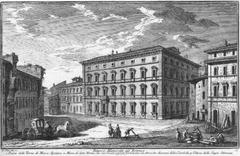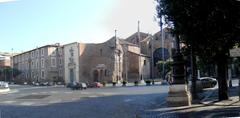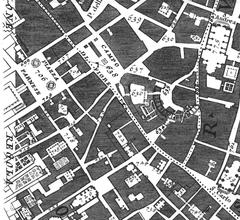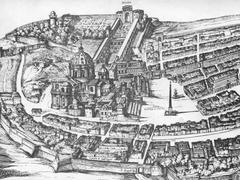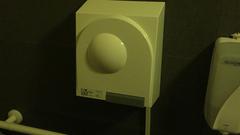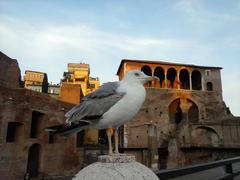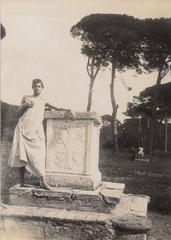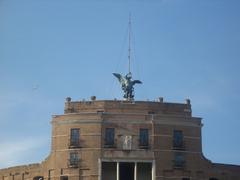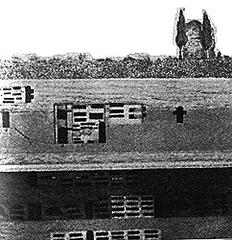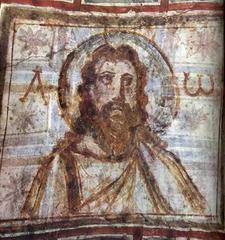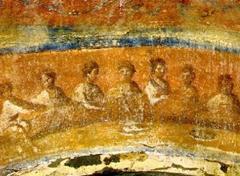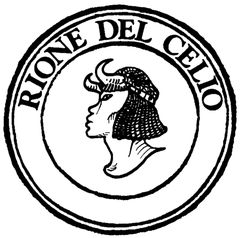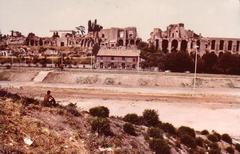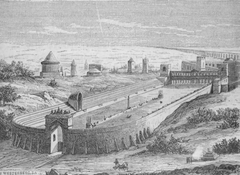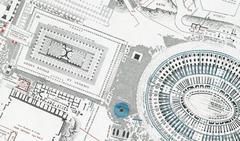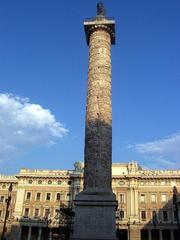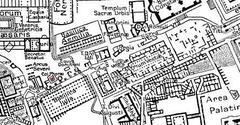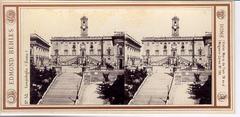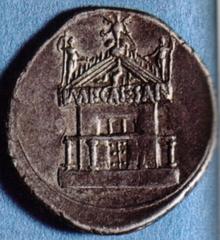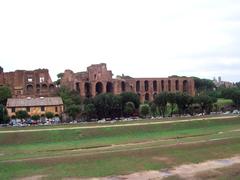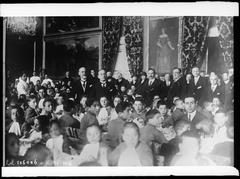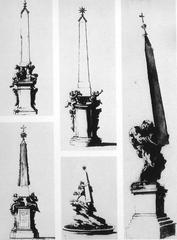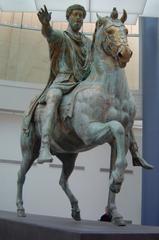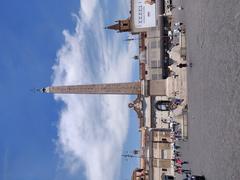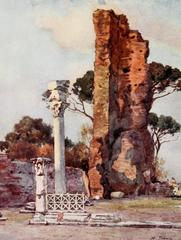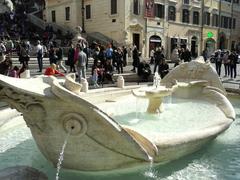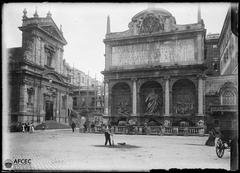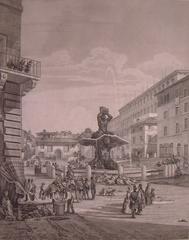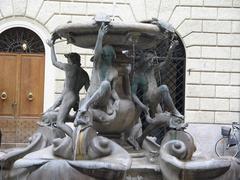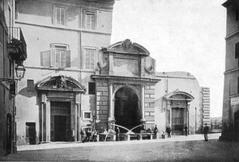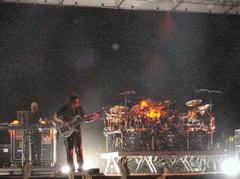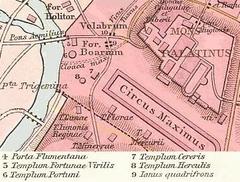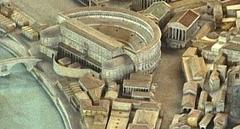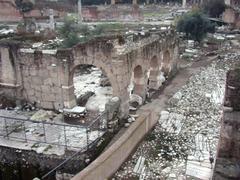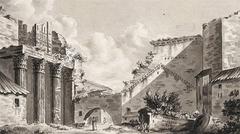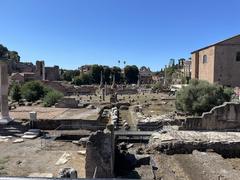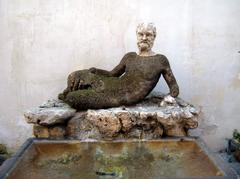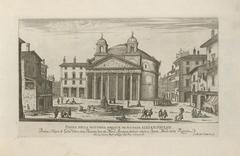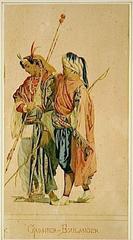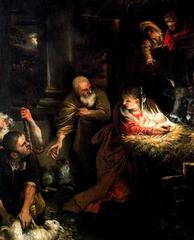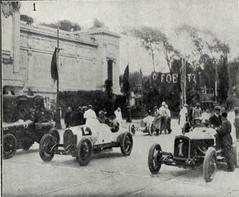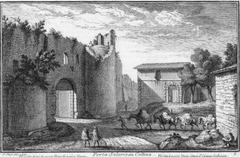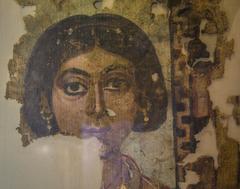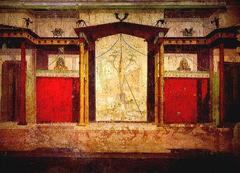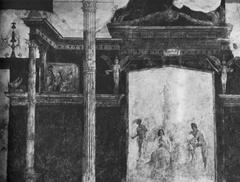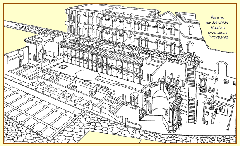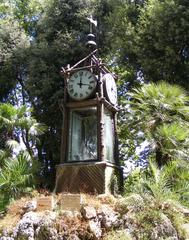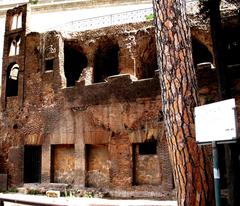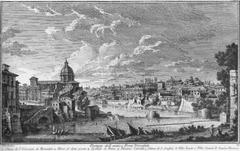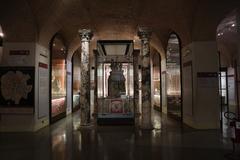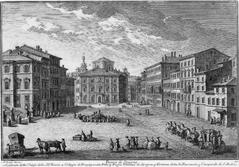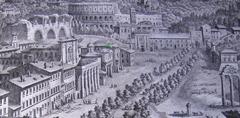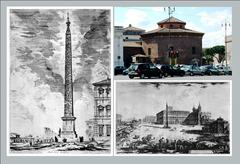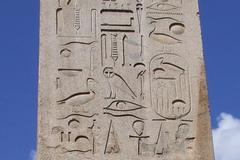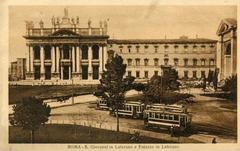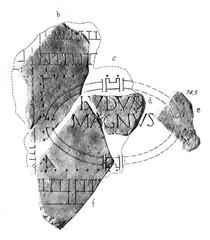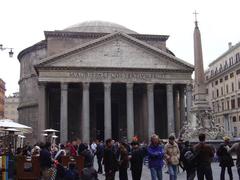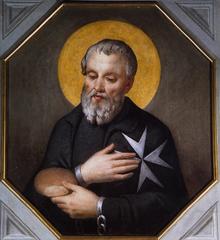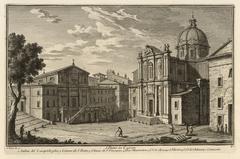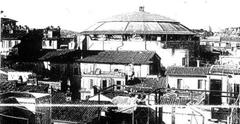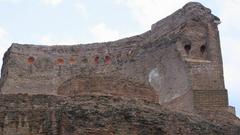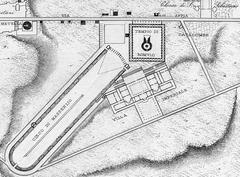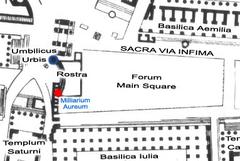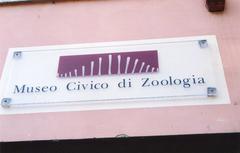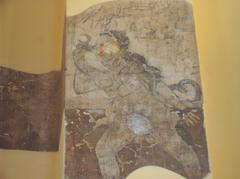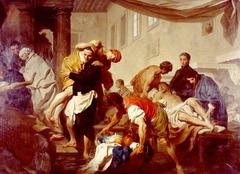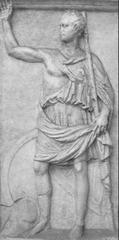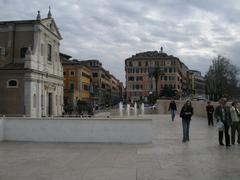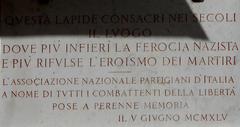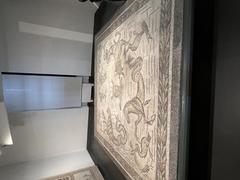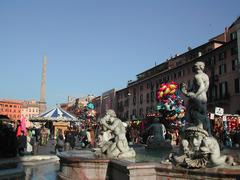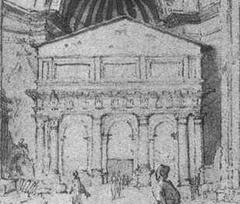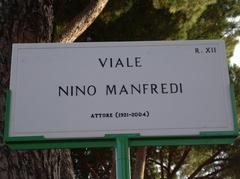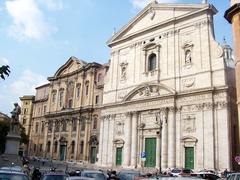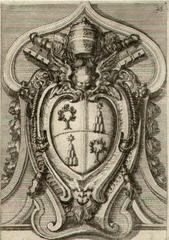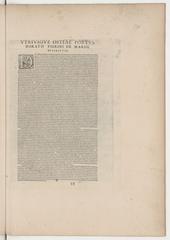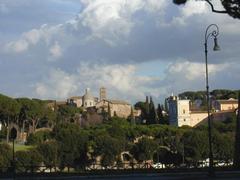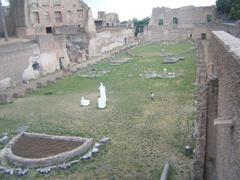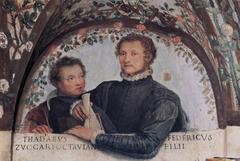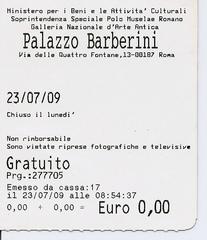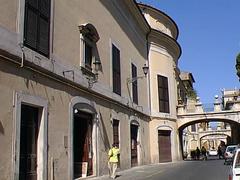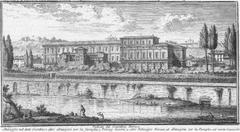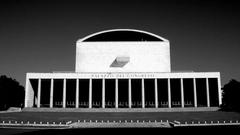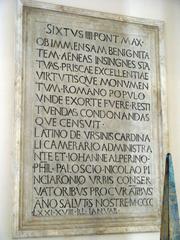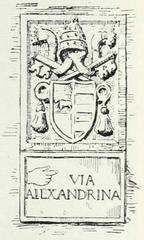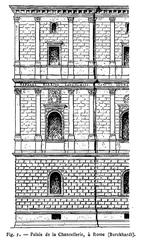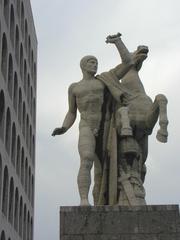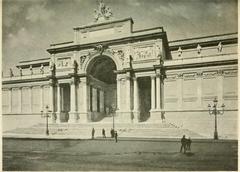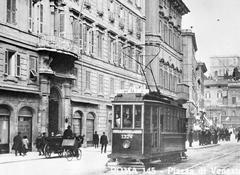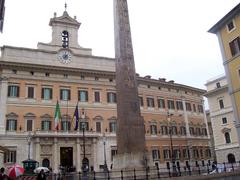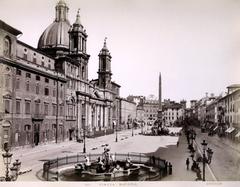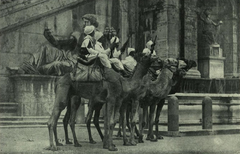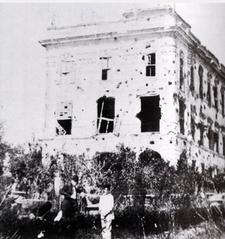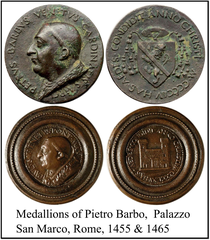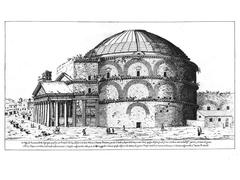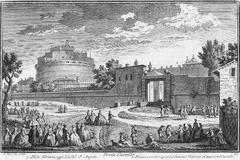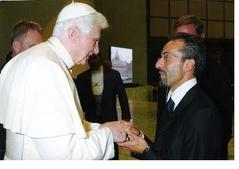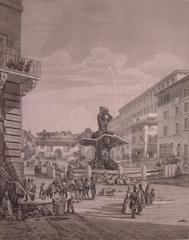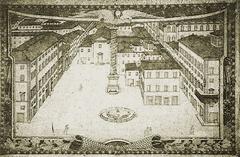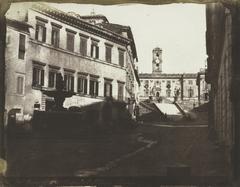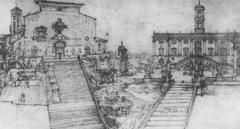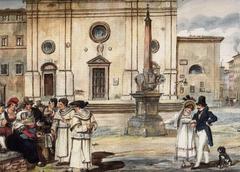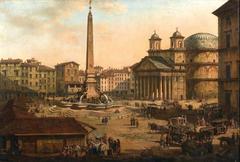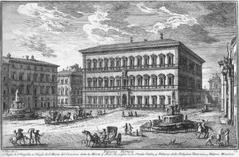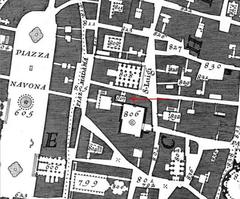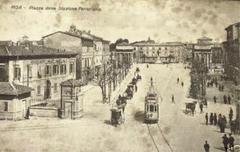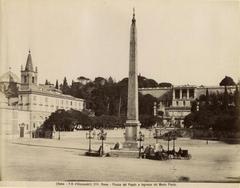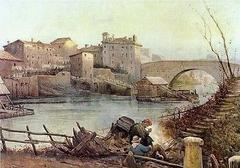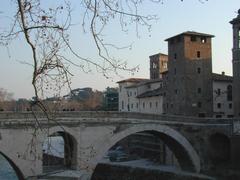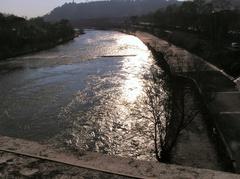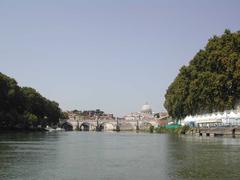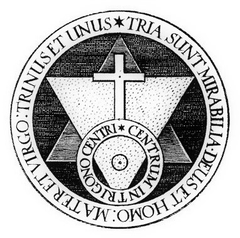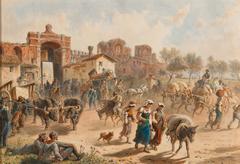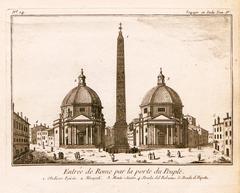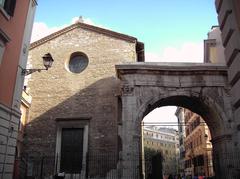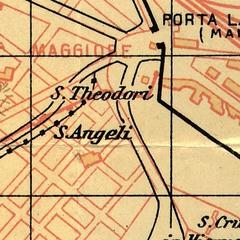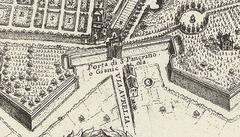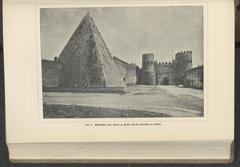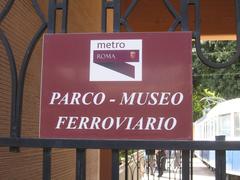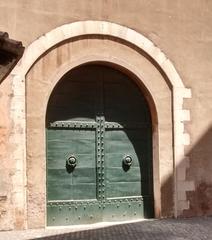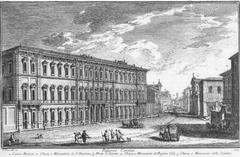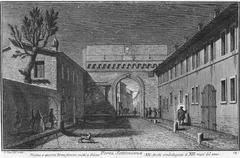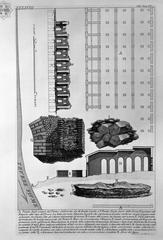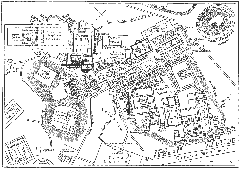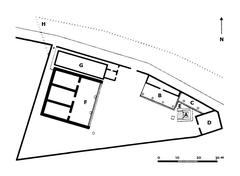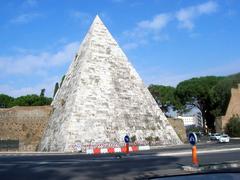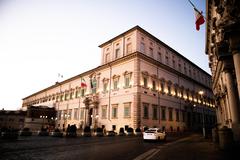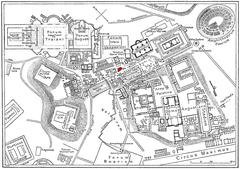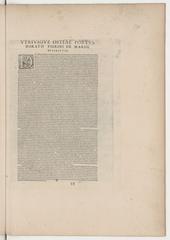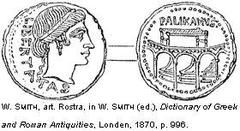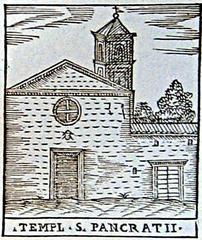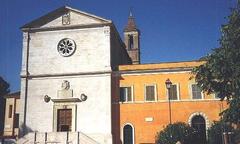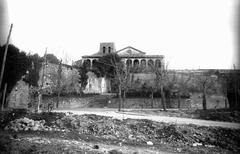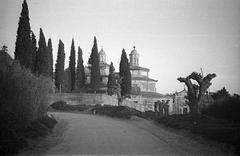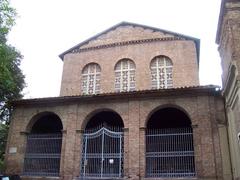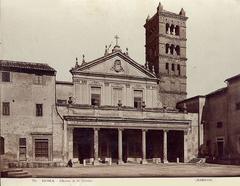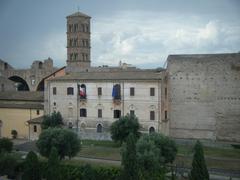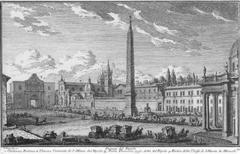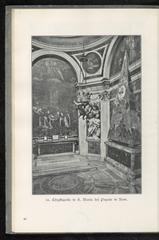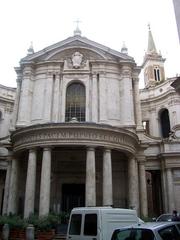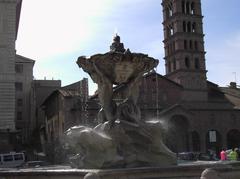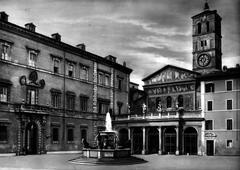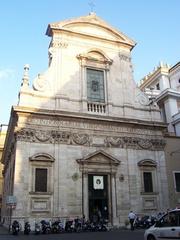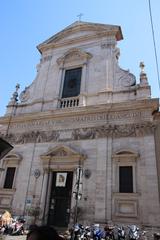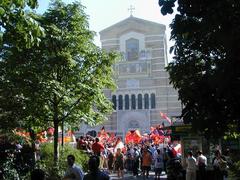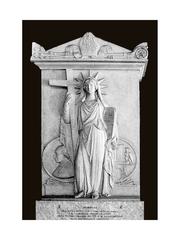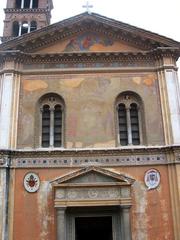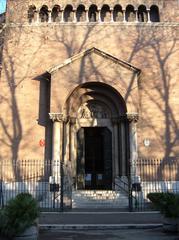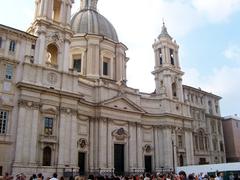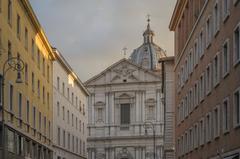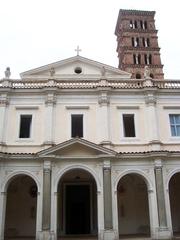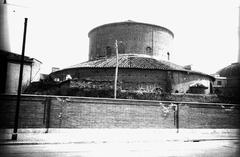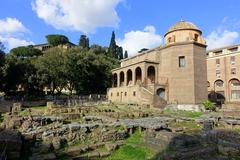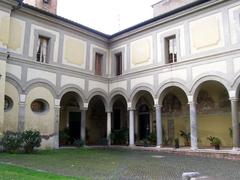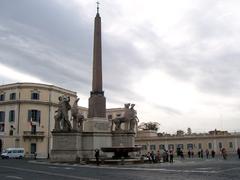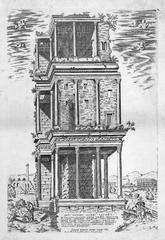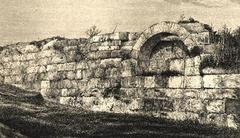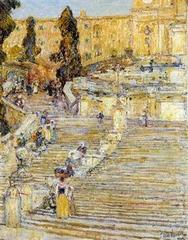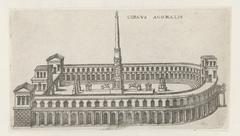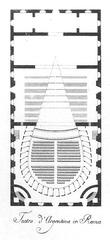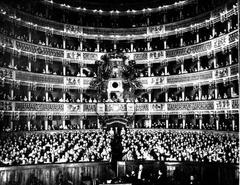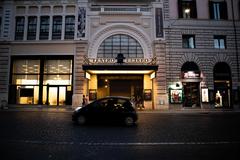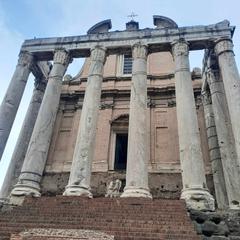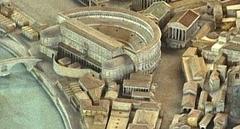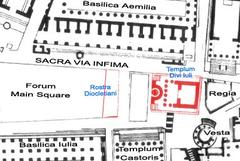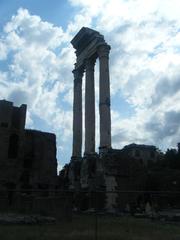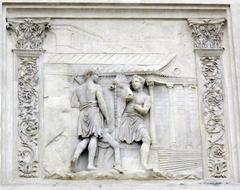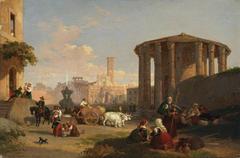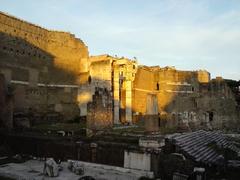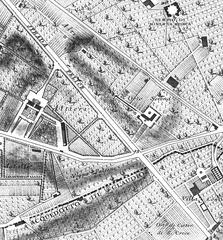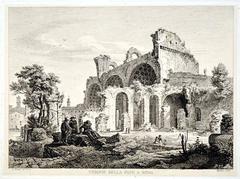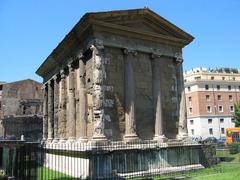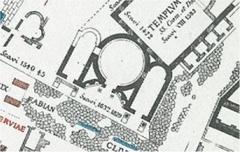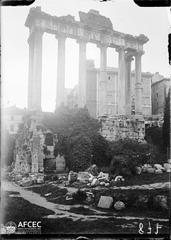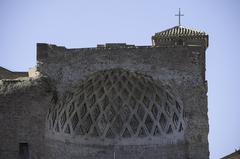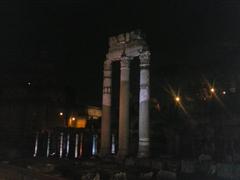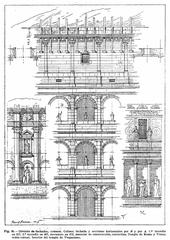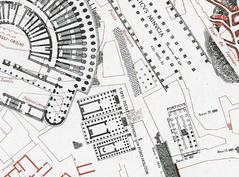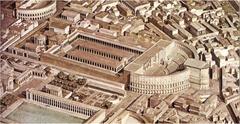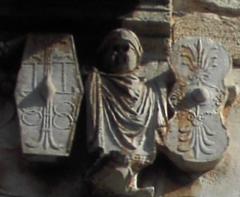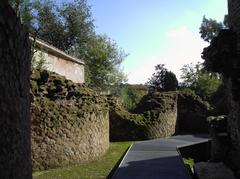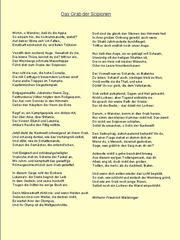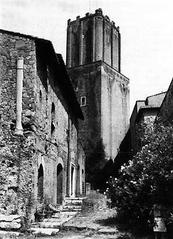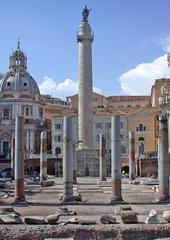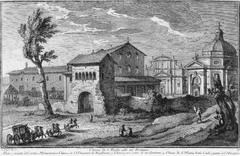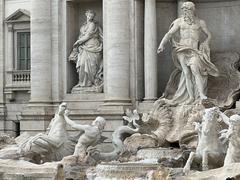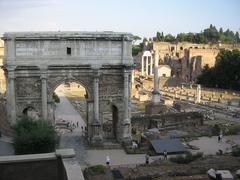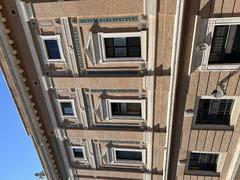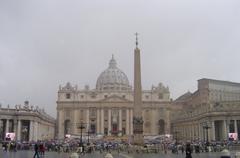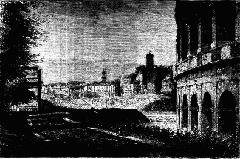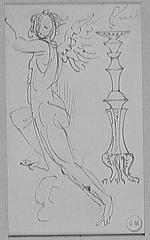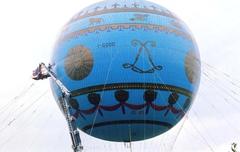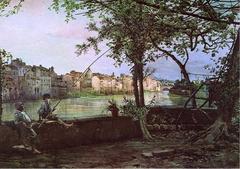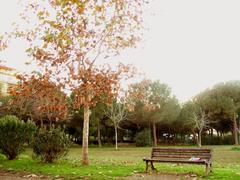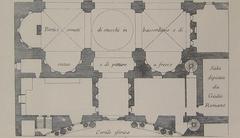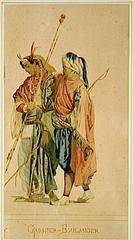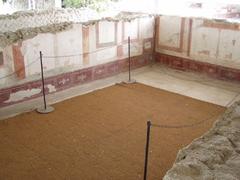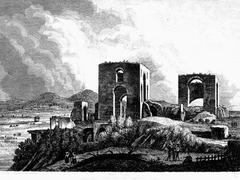United States Mission to the UN Agencies in Rome: Visiting Hours, Tickets, and Comprehensive Guide
Date: 04/07/2025
Introduction
The United States Mission to the UN Agencies in Rome (USUN Rome) is a cornerstone of U.S. diplomatic engagement in global food security, agricultural development, and cultural preservation. Established in the wake of World War II, the Mission represents American interests at three key UN agencies headquartered in Rome: the Food and Agriculture Organization (FAO), the World Food Programme (WFP), and the International Fund for Agricultural Development (IFAD). As a multilateral diplomatic post, USUN Rome embodies the U.S. commitment to international cooperation, humanitarian assistance, and sustainable development. While the Mission itself is not open for standard public tours, its presence in Rome’s diplomatic quarter and its involvement in global events make it a significant institution for those interested in international relations and diplomacy (USUN Rome official site; Travel.State.Gov: U.S. Mission Rome; Wikipedia).
Table of Contents
- Introduction
- Origins and Establishment
- Evolution of the Mission’s Role
- Strategic Significance in Global Food Security
- Visitor Information and Access
- Special Events and Public Engagement
- Oversight, Policy Advocacy, and Reform
- Humanitarian Diplomacy and Crisis Response
- Cultural and Symbolic Importance
- Key Milestones and Leadership
- Frequently Asked Questions (FAQs)
- Visiting: Location, Access, and Visitor Tips
- Cultural and Diplomatic Roles
- Summary and Final Tips
- References and Further Reading
Origins and Establishment
USUN Rome was created to represent U.S. interests at Rome-based UN agencies, focusing on food security, agricultural development, and cultural heritage. Its establishment reflected the U.S. commitment to postwar multilateralism and international collaboration. The Mission’s mandate is rooted in the founding of the FAO (1945), WFP (1961), and IFAD (1977), with the U.S. serving as a founding member and primary contributor to each (USUN Rome official site; State Department: Key Topics).
Evolution of the Mission’s Role
Initially centered on postwar food relief and agricultural development, USUN Rome’s scope has broadened to include emergency humanitarian aid, food safety, fisheries, forestry, and rural financing. The Mission also collaborates with smaller international organizations in Rome, such as the International Development Law Organization (IDLO), UNIDROIT, and ICCROM (USUN Rome on GovServ). Its staff, drawn from the Department of State, USDA, and USAID, ensures a coordinated U.S. approach to multilateral diplomacy and humanitarian action.
Strategic Significance in Global Food Security
The U.S. is the largest single contributor to the Rome-based UN agencies, working through USUN Rome to mobilize resources for combating hunger, malnutrition, and rural poverty. Initiatives like the McGovern-Dole International Food for Education and Child Nutrition Program have reached millions of children worldwide. The Mission’s advocacy and leadership are critical during global crises, such as conflicts in Ukraine, Sudan, Haiti, and Gaza, ensuring aid is delivered where it is needed most (USUN Rome on GovServ).
Visitor Information and Access
Can You Visit the U.S. Mission in Rome?
USUN Rome is not open for public tours or walk-in visits. Access is restricted to official business, scheduled appointments, and accredited delegations. The Mission is located at Via Boncompagni 2, 00187 Rome, within the secure U.S. Embassy compound in the Ludovisi district (Travel.State.Gov: U.S. Mission Rome).
How to Arrange a Visit
- Appointments: Contact the Mission through their official website for requests related to official meetings, academic groups, or press inquiries.
- Security: All visitors must undergo ID verification and security screening.
- Photography: Not permitted within the compound.
Location and Nearby Attractions
The Mission is situated near Rome’s cultural highlights, including Villa Borghese, Galleria Borghese, and Via Veneto. While access to the Mission is restricted, visitors can explore these nearby sites for a rich cultural experience (Mapcarta).
Special Events and Public Engagement
USUN Rome occasionally participates in public events such as World Food Day and the World Food Forum, often in collaboration with FAO and WFP. These events may include educational seminars, panel discussions, and cultural programs. For updates, follow USUN Rome’s website and social media channels.
Oversight, Policy Advocacy, and Reform
As the largest funder of the Rome-based agencies, the U.S. advocates for transparency, efficiency, and reform. USUN Rome works to ensure agencies use resources effectively and align with American policy priorities. The Mission supports management reforms and equitable member contributions (State Department: Key Topics). Recent U.S. executive orders have prompted reviews of participation in certain UN bodies (USUN Rome Executive Order; White House Executive Order, 2025).
Humanitarian Diplomacy and Crisis Response
USUN Rome leads U.S. efforts in responding to food crises and humanitarian emergencies worldwide. For example, in 2024, it collaborated with ICCROM to protect Ukraine’s cultural heritage and channeled hundreds of millions in aid to conflict-affected regions (USUN Rome on GovServ).
Cultural and Symbolic Importance
Situated in Rome’s diplomatic quarter, USUN Rome symbolizes America’s commitment to multilateral problem-solving and cultural ties with Italy. The Mission regularly hosts or participates in events that highlight American culture, values, and leadership in humanitarian and development fields.
Key Milestones and Leadership
Under leaders like Ambassador Jeffrey Prescott, USUN Rome has driven U.S. policy initiatives, expanded school meal programs, and supported major humanitarian responses. The Mission’s activities reinforce American traditions of peaceful democratic transitions and international engagement (USUN Rome on GovServ).
Frequently Asked Questions (FAQs)
Q: Is the U.S. Mission open to the public?
A: No, access is by appointment for official business only.
Q: Where is the Mission located?
A: Via Boncompagni 2, 00187 Rome, Italy.
Q: Are public events available?
A: Occasionally, during international observances and with prior registration.
Q: How can I learn more about the Mission’s work?
A: Visit the USUN Rome official site and follow their social channels.
Visiting: Location, Access, and Visitor Tips
Address and Setting
- Address: Via Boncompagni 2, 00187 Rome, Italy
- Phone: (+39) 06 4674-3500
- Website: USUN Rome
Located in the Ludovisi district, the Mission shares its secure compound with the U.S. Embassy to Italy and the U.S. Embassy to the Holy See, forming Rome’s “Tri-Mission Community.” The area is noted for its elegant architecture and proximity to landmarks like Villa Borghese (Mapcarta).
Access and Security
- Public Access: No general visiting hours; access by appointment only.
- Security: Valid ID required; security screening mandatory.
- Photography: Prohibited inside the compound.
- Accessibility: Ramps and elevators available; special needs should be communicated in advance.
Transportation
- Metro: Barberini (Line A), 10 minutes’ walk.
- Buses: Multiple lines serve the area.
- Parking: Public parking only; limited availability (TravelAwaits).
Events
Occasionally, the Mission hosts briefings or programs with FAO, WFP, and IFAD. These require prior registration (Diplomacy State).
Major Events and Special Considerations
During events like the Catholic Jubilee in 2025, expect increased security and visitor volumes. Plan ahead for transportation and lodging (TravelAwaits).
The Mission’s Cultural and Diplomatic Roles
Diplomatic Mandate
USUN Rome advances U.S. interests in global food security, agricultural innovation, and humanitarian response, while ensuring efficient and transparent use of international resources (U.S. Mission to the UN Agencies in Rome).
Cultural Diplomacy
The Mission leverages Rome’s status as a diplomatic center to promote American values through public events, exhibitions, and cultural exchanges. It collaborates with local and international partners on programs highlighting agricultural innovation, food security, and U.S. leadership.
Advocacy and Reform
USUN Rome is instrumental in shaping policy within FAO, WFP, and IFAD, advocating for effective use of funds, science-based solutions, and robust oversight (WFP Funding).
Educational Outreach
The Mission offers educational programs, internships, and briefings for students and scholars, fostering the next generation of leaders in international development (FOCUS Missions Rome).
Responding to Global Crises
USUN Rome coordinates U.S. efforts in response to emergencies such as pandemics, natural disasters, and conflicts, ensuring aid and resources reach affected populations.
Promoting Accountability
The Mission champions transparency, accountability, and reform in UN agencies, supporting anti-corruption measures and management improvements (White House Executive Order, 2025).
Summary and Final Tips
The U.S. Mission to the UN Agencies in Rome is pivotal in advancing U.S. and global priorities in food security, humanitarian relief, and cultural preservation. While it is not accessible for casual tourism, its work and presence are deeply woven into Rome’s diplomatic fabric. For those interested in international affairs, monitoring USUN Rome’s updates and participating in public events when available provide valuable insight into the mechanisms of global cooperation and American diplomacy.
Tips for Visitors:
- Arrange appointments well in advance for official visits.
- Plan to visit nearby attractions in Rome’s Ludovisi district.
- Stay informed about Mission activities via their official website and social platforms.
- During major events in Rome, expect heightened security and plan logistics early.
References and Further Reading
- USUN Rome Official Site
- Travel.State.Gov: U.S. Mission Rome
- USEmbassy.gov Rome
- Diplomacy State: U.S. Mission Rome
- State Department: Key Topics
- White House Executive Order, 2025
- Mapcarta: U.S. Mission
- TravelAwaits: Jubilee Italy 2025
- WFP Funding
- FOCUS Missions Rome
